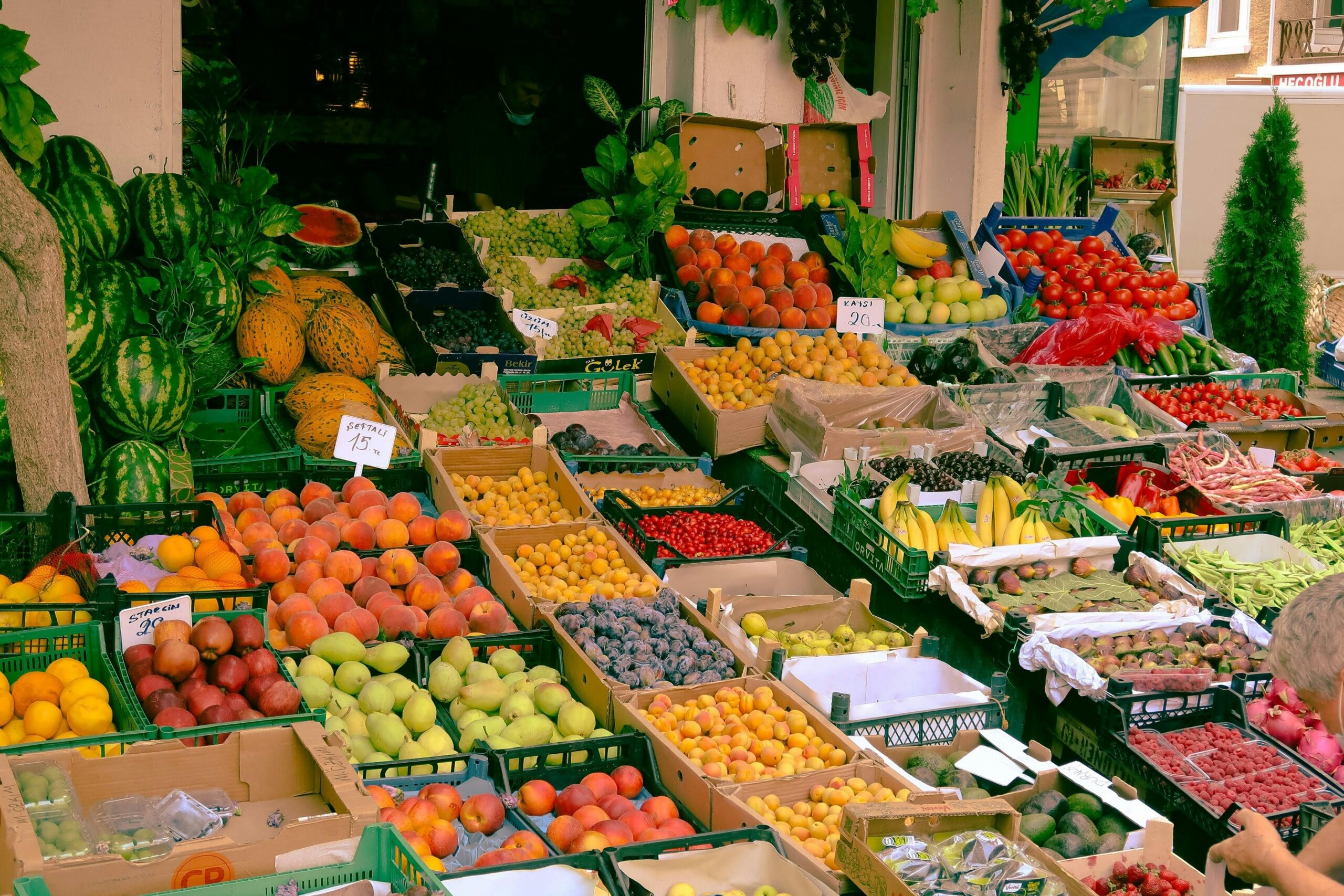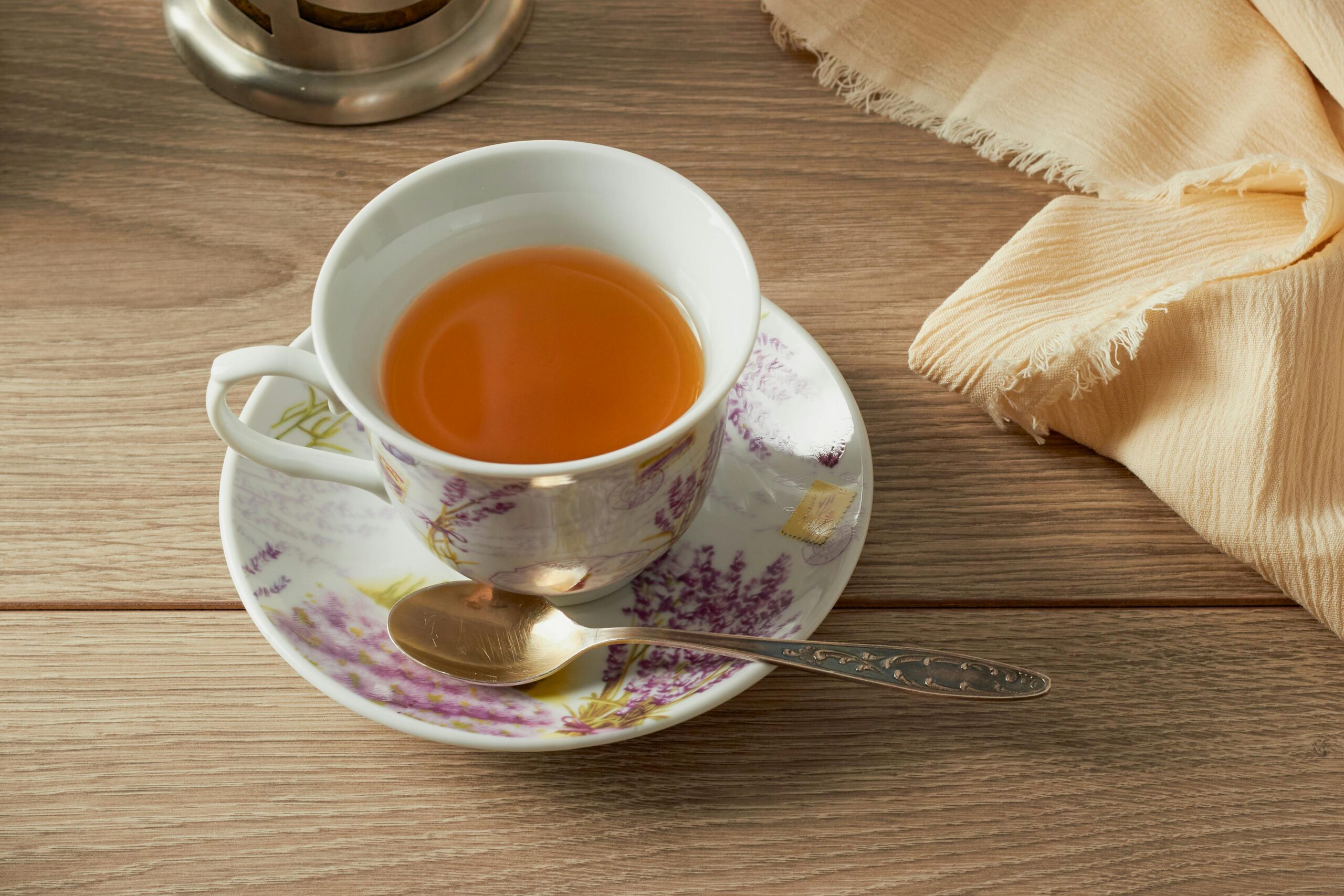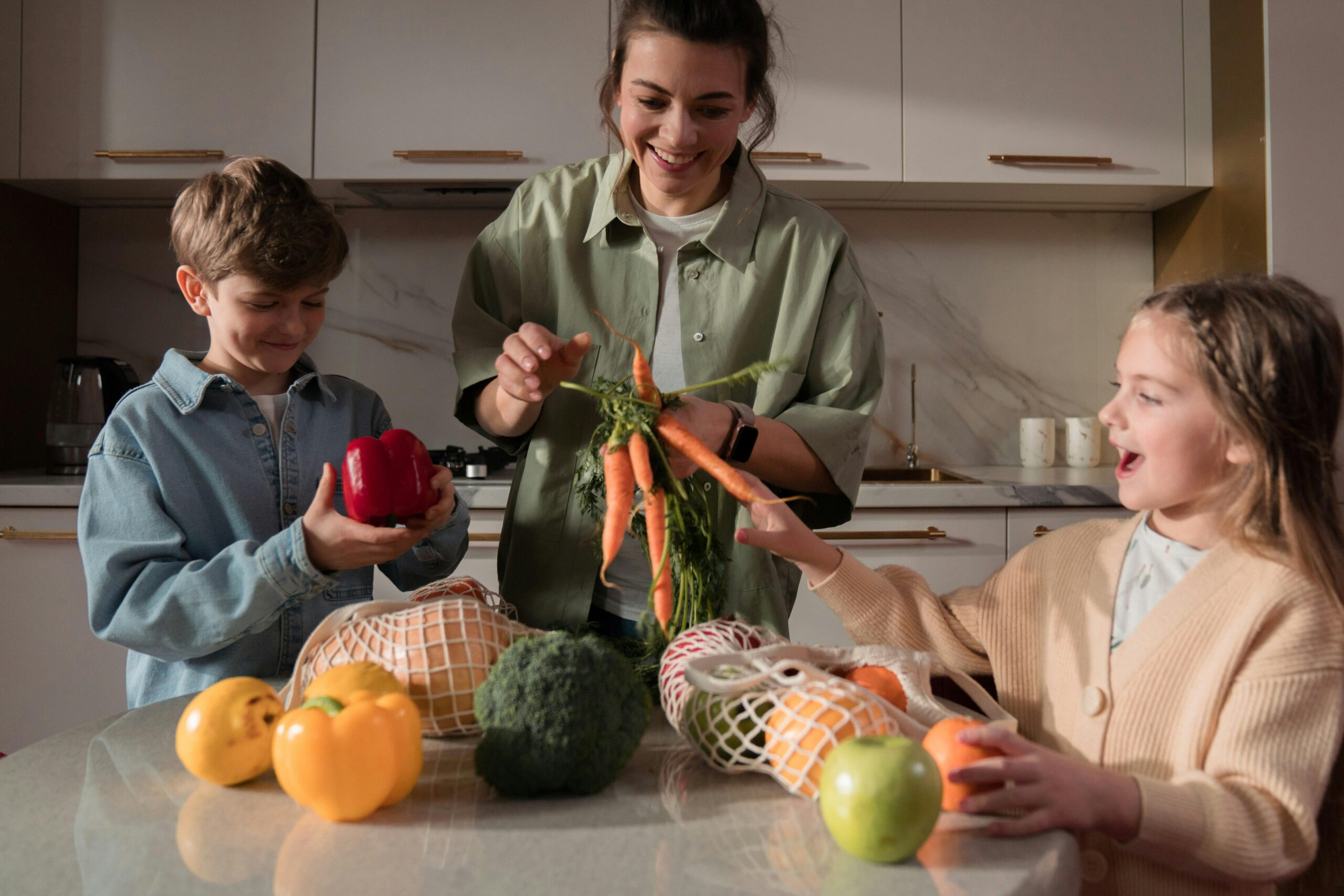A Good Night’s Sleep is Closer than You Think
Ironically, modern sleep advice—blue light blockers, breathing apps, a 12-step routine—can make us lose sleep just trying to figure them out. But the truth is, better sleep doesn’t always require big changes. While there are plenty of high-tech gadgets and trendy supplements out there promising better rest, sometimes the best solutions are the simplest—and sitting right in your kitchen.
Dr. Michael Breus, a clinical psychologist and board-certified sleep specialist, often emphasizes the importance of magnesium, melatonin, and tryptophan-rich foods in supporting sleep. He notes, “A small snack with complex carbs and protein about 90 minutes before bed can help make you sleepy, not spike your blood sugar.”
Before you reach for a sleep aid or scroll through another list of products, take a look at what’s already in your pantry. These natural, science-backed sleep supporters are easy to work into your nightly routine—and might just be the missing piece in your path to better rest.
Here are six natural sleep aids you can sip, snack on, or sprinkle into your routine to support a better night’s rest.

Read More: Bedtime Mocktail Series: Strawberry Chamomile Palomas
1. Chamomile Tea
If your grandma ever handed you a mug of chamomile tea before bed, she was on to something. Chamomile is one of the most well-studied natural remedies for sleeplessness—and for good reason.
Chamomile contains apigenin, an antioxidant that binds to certain receptors in your brain and helps promote sleepiness while reducing anxiety. Bonus: chamomile is naturally caffeine-free and gentle on the stomach, making it a soothing way to wind down after dinner. Try it on its own or blended with calming herbs like lemon balm or lavender for a floral, fragrant twist. Both herbs have shown promise for reducing stress and improving sleep in small clinical studies.
2. Bananas
Bananas are basically nature’s sleepy-time snack. They’re rich in magnesium and potassium, two minerals that help relax your muscles and nervous system—both essential for falling (and staying) asleep.
They also contain vitamin B6, which plays a key role in converting tryptophan into serotonin and melatonin—neurotransmitters that help regulate your mood and sleep-wake cycle. As noted by Healthline, eating a banana 1–2 hours before bed could help your body naturally prepare for rest.
For an extra sleepy snack, slice a banana into a bowl of unsweetened oatmeal or pair it with a spoonful of almond butter, which contains sleep-supportive healthy fats.
3. Tart Cherry Juice
This one might surprise you—but tart cherry juice is one of the few foods naturally rich in melatonin, the hormone that tells your body when it’s time to go to sleep.
In a small study published by the National Institutes of Health, adults with insomnia who drank 8 oz. of tart cherry juice twice daily for two weeks slept longer and more efficiently compared to a placebo group. Many follow-up studies have since found similar results, noting improvements in both sleep duration and sleep quality.
Researchers suggest the juice not only increases melatonin levels but may also reduce inflammation and oxidative stress, both of which can interfere with sleep. Look for 100% tart cherry juice, and sip a small glass about an hour before bed. (Pro tip: it pairs nicely with sparkling water for a naturally sleepy nightcap.)
4. Oats
Oats aren’t just for breakfast—they’re also one of the best complex carbs to include in your bedtime routine. Whole oats are a good source of fiber, B vitamins, and yes, even melatonin.
Complex carbohydrates help increase the availability of tryptophan in the brain, supporting the production of sleep-regulating hormones like serotonin and melatonin. Plus, they provide slow-burning energy that won’t spike your blood sugar at night—an important factor in staying asleep through the early morning hours.
Try a small bowl of unsweetened oatmeal with sliced banana, a sprinkle of cinnamon (which can help regulate blood sugar), and a drizzle of honey—a combo that hits all the sleep-friendly marks.

Read More: How Alcohol Affects Sleep
5. Almonds
Almonds are one of the best plant-based sources of magnesium, a mineral that supports muscle relaxation, nerve function, and your body’s ability to fall into deep sleep. According to the National Institutes of Health, even mild magnesium deficiency can contribute to insomnia or frequent nighttime waking.
A 1-ounce serving of almonds contains about 76 mg of magnesium, along with healthy fats, fiber, and plant-based protein. This trio helps stabilize blood sugar levels overnight and may prevent tossing and turning through the night.
Snack on a small handful of raw or dry-roasted almonds, or blend them into a banana-oat smoothie for a creamy, sleep-supportive treat.
6. Kiwi
Small but mighty, kiwi might just be the under-the-radar sleep aid you didn’t know you needed. This fuzzy green fruit is rich in vitamin C, antioxidants, folate, and serotonin—all of which play a role in regulating sleep.
A study published in the Asia Pacific Journal of Clinical Nutrition found that participants who ate two kiwis one hour before bed for four weeks fell asleep faster, slept longer, and experienced better sleep quality overall. Researchers believe the combination of antioxidants and serotonin-boosting effects may be behind the benefits.
Kiwi is also low in sugar and easy on digestion, making it a light, refreshing bedtime snack—especially during warmer months.
A Quick Note on Caffeine, Sugar, and Timing
While we’re focused on sleep-friendly foods here, it’s just as important to be mindful of what not to consume close to bedtime. Caffeine, alcohol, and sugar can all interfere with your body’s natural sleep rhythms.
Even small amounts of hidden caffeine—like what’s found in dark chocolate or green tea—can have lingering effects on your alertness. Try to cut off caffeine at least 6 hours before bed, and limit heavy meals or high-sugar snacks 1–2 hours before you plan to sleep.
Instead, lean into warm, balanced snacks that combine fiber, healthy fats, and minerals like magnesium. These keep your blood sugar stable and help your body transition gently into rest mode.
Sleep Support Starts with the Little Things
At Avocado, we believe that better sleep is holistic—it’s about your mattress, your mindset, and yes, even your midnight snack. According to a 2021 review published in Nutrients, specific foods such as cherries, milk, fatty fish, and kiwis consistently show positive effects on sleep efficiency and duration, thanks to their rich nutritional profiles and impact on melatonin pathways.
In short? While no single food is a cure-all for insomnia, your kitchen can be a powerful starting place for deeper, more restorative rest—especially when paired with a calming bedtime routine and a comfortable, non-toxic sleep environment.
These simple, natural ingredients aren’t miracle cures, but they can help support your body’s natural rhythms, ease stress, and make bedtime feel a little more delicious.
Pair your sleep-friendly foods with blackout curtains, warm ambient lighting, and GOTS-certified organic bedding for a truly restorative setup. Because the path to great sleep? It often starts with the small, intentional choices you make each day.
When your sleep space feels calming, and your bedtime snack is just right, rest becomes something you look forward to—not something you chase.

Read more: Unwind With These Bedtime Yoga Stretches For Better Sleep
Have feedback on our story? Email [email protected] to let us know what you think!

Shop Pillows
The Essential Organic Pillow Collection
Gentle, breathable, non-toxic support.







